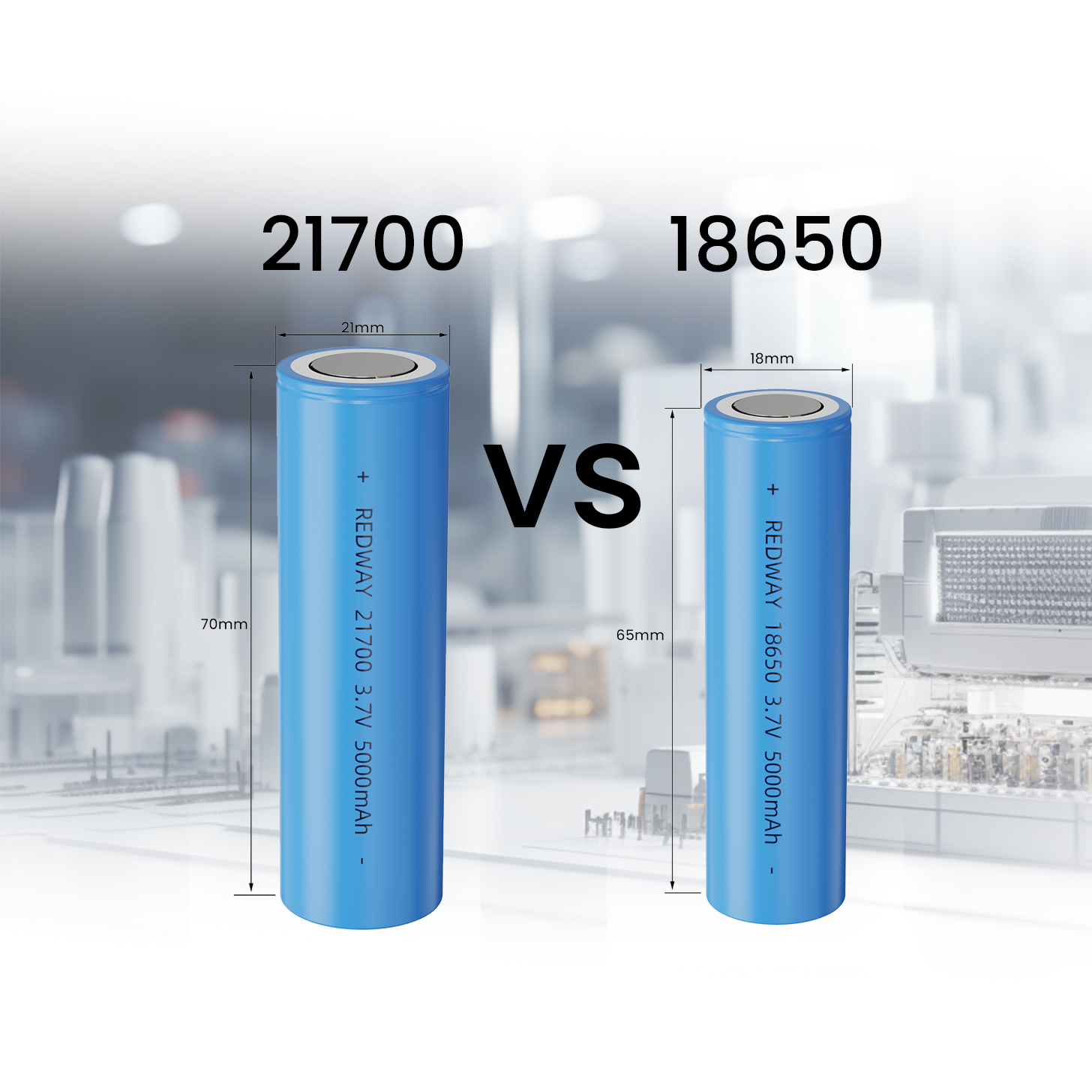
In the world of portable electronics, batteries play a crucial role in powering our devices. Whether it's smartphones, laptops, flashlights, or electric vehicles, the type of battery used can significantly impact performance, longevity, and overall user experience. Two popular battery options that often find themselves in the spotlight are the 21700 and 18650 batteries. In this comprehensive guide, we'll delve deep into the intricacies of these two battery types to help you make an informed decision when choosing between them.
Understanding the Basics: 21700 vs 18650 Batteries
Before we dive into the comparison, let's first understand what sets these batteries apart. Both the 21700 and 18650 batteries are lithium-ion (Li-ion) batteries, known for their high energy density, lightweight design, and rechargeable nature. However, they differ primarily in their size, capacity, and performance characteristics.
21700 Battery:
The 21700 battery, as the name suggests, has a diameter of approximately 21mm and a length of 70mm. It's relatively newer compared to the 18650 and is gaining popularity for its higher energy density and improved performance. The 21700 battery typically offers larger capacities and higher discharge rates, making it ideal for high-demand applications such as electric vehicles and high-performance flashlights.
18650 Battery:
On the other hand, the 18650 battery has been around for much longer and has established itself as a standard in various industries. It has a diameter of 18mm and a length of 65mm, hence the name "18650." While it may have slightly lower energy density and capacity compared to the 21700, the 18650 battery remains widely used in devices like laptops, power tools, and vaping devices.
Performance Comparison: 21700 vs 18650 Batteries
Now that we have a basic understanding of these batteries, let's compare their performance across different metrics:
Capacity:
The 21700 battery typically offers higher capacities than the 18650, thanks to its larger size. This means it can store more energy, allowing devices to run for longer periods between charges.
Discharge Rate:
One area where the 21700 shines is its higher discharge rate compared to the 18650. This makes it better suited for applications that require a lot of power in a short amount of time, such as electric vehicles or high-performance flashlights.
Size and Weight:
While the 21700 is larger and heavier than the 18650, the difference in size may not be significant depending on the application. However, for devices where space and weight are critical factors, such as drones or wearables, the smaller size of the 18650 may be preferable.
Compatibility:
Due to its larger size, the 21700 battery may not be compatible with devices designed specifically for 18650 batteries. However, many manufacturers are now designing products with interchangeable battery compartments to accommodate both types.
Factors to Consider When Choosing Between 21700 vs 18650 Batteries
When deciding between these two battery types, several factors should be taken into account:21700 vs 18650 Battery
Application:
Consider the specific requirements of your device and whether it requires the higher capacity and discharge rates offered by the 21700 battery.
Compatibility:
Determine whether your device is compatible with both battery types or if it's designed to work with one specific type.
Cost:
While the 21700 battery may offer better performance, it typically comes at a higher cost compared to the 18650. Consider your budget and whether the added performance justifies the higher price.
Future-proofing:
Given the trend towards larger batteries with higher capacities, opting for devices that support 21700 batteries may offer better future-proofing.
Conclusion
In conclusion, choosing between the 21700 and 18650 batteries ultimately depends on your specific needs and preferences. While the 21700 offers superior performance in terms of capacity and discharge rates, the 18650 remains a reliable and cost-effective option for many applications. By considering factors such as application requirements, compatibility, cost, and future-proofing, you can make an informed decision that best suits your needs. Whether you're powering a flashlight, laptop, or electric vehicle, selecting the right battery is essential for optimal performance and longevity.
In summary, when faced with the choice between 21700 vs 18650 batteries, it's crucial to weigh their respective advantages and disadvantages to determine which one is the best fit for your needs.